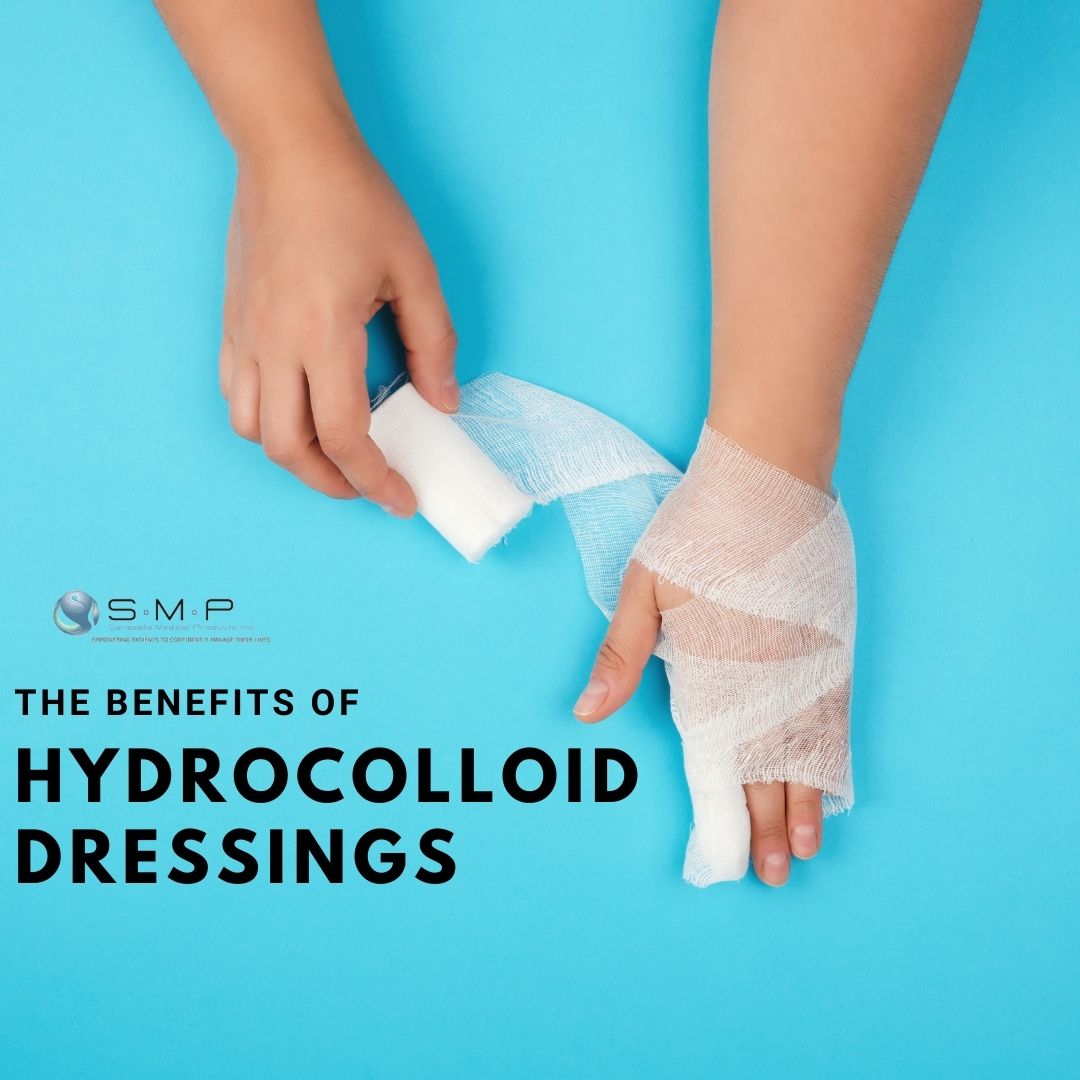Faster Healing with Hydrocolloid Dressings

Hydrocolloid dressings have been proven to promote faster healing. This can be attributed to the ingredients in the gel that they are made of. Hydrocolloid dressings contain hydrophilic colloids, such as pectin, sodium carboxymethylcellulose, and gelatin, which work to absorb wound exudate and create a moist environment around the wound. This moist environment helps new tissue to grow more quickly, and promotes faster healing. Hydrocolloid dressings also protect the wound from infection by creating a barrier between the wound and the external environment.
Uses of Hydrocolloid Dressings
Hydrocolloid dressings can be used for a wide range of wounds, from minor cuts to moderate burns. They are especially effective for wounds that produce a lot of exudate, as the gel will absorb the fluid and create a moist environment around the wound. Hydrocolloid dressings are also effective for wounds that are difficult to dress, such as those located in hard-to-reach areas or areas that are prone to friction. They can also be used for pressure ulcers, which are often caused by prolonged pressure on the skin. Hydrocolloid dressings can be placed over the ulcer to protect it from further damage and promote healing.
Hydrocolloid Dressings vs. Traditional Dressings
Hydrocolloid dressings are a newer type of wound dressing, and many people may be more familiar with traditional dressings such as gauze or adhesive bandages. Traditional dressings are often less expensive than hydrocolloid dressings, but they do not promote faster healing like hydrocolloid dressings do. Gauze and adhesive bandages will absorb wound exudate, but they do not create a moist environment around the wound like hydrocolloid dressings do.
Choosing the Best Hydrocolloid Dressing
When choosing a hydrocolloid dressing, it is important to consider the size and location of the wound. Hydrocolloid dressings come in a range of sizes, so it is important to choose one that will cover the entire wound. It is also important to choose a dressing that will be comfortable for the patient. Some hydrocolloid dressings are thinner and more flexible than others, which may be better for wounds in areas that are prone to movement or friction.
In conclusion, hydrocolloid dressings are an excellent option for minor to moderate wounds. They promote faster healing and protect the wound from infection. When choosing a hydrocolloid dressing, it is important to consider the size and location of the wound, as well as the comfort of the patient. Investing in hydrocolloid dressings for your first aid kit is a wise decision, as they are a safe and effective way to treat wounds. With faster healing hydrocolloid dressings, you can help your body heal faster and get back to the things you enjoy.